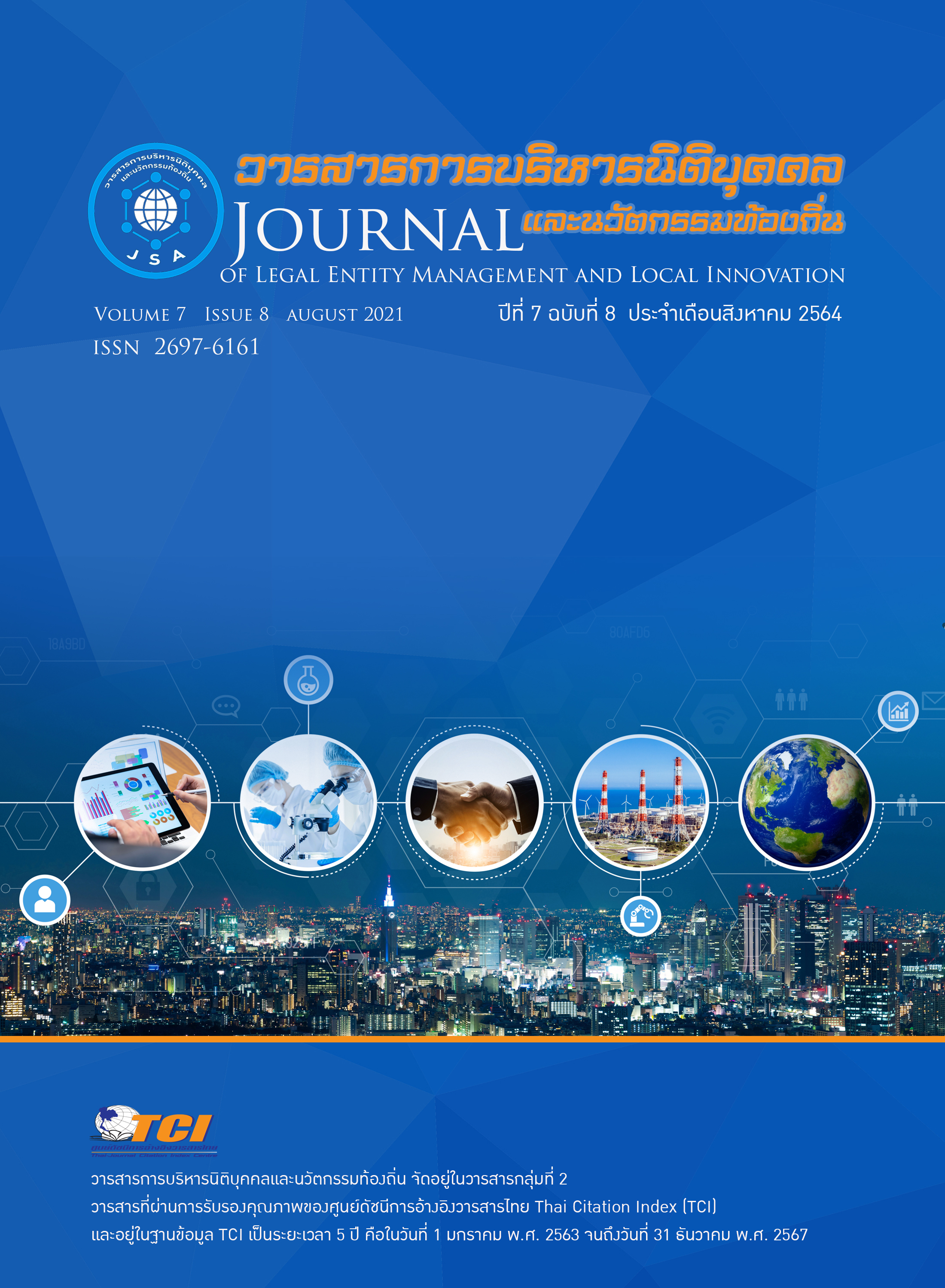Situation of Media Access, Fake News Recognition and the Impacts of Media Use of the Elderly in Urban Communities in a New Normal
Keywords:
Media Access, Fake News Recognition, The Elderly, New Way of Life (New Normal)Abstract
This research has a purpose to study the situation of media access, fake news recognition and the impacts of the media use of the elderly in urban communities both before and in the situation of the COVID-19 outbreak. This research deployed the mixed method research which data were collected from a sample of 900 elderly people chosen by using a multistage randomization method with questionnaires as a research tool and a group of elderly representatives for group discussions of 50 people selected specifically and collected information in a group discussion approach The results were analyzed by descriptive statistics, content analysis and logical interpretation. The results of the study showed that before the epidemic situation of the coronavirus, Most of the elderly are using television and the Internet. The most frequently used apps are LINE, YouTube and Facebook. Most of them found fake news in LINE (74.3%), fake news content that seniors believed and deceived were 65.78% for political, 54.33% for economic, and Public Health for 50.00%. Fake news characteristics found were content does not match the headline for 49.22 percent, elderly people transmit fake news for 15.11 percent. The impact of media use had both positive and negative effects on mood, health, economy and society. In the epidemic of coronavirus-19, Most of the elderly used television and the internet. The factors that made the elderly believed fake news and passed it on were: environmental factors and individual factors. The reasons for forwarding fake news were they believed that such news were true and useful to others and wanted to be acceptable in the society. Media use had impacts on emotional and mental health, economic and social well-being both in positive and negative way. The important positive impact were the creation of knowledge of disease and disease and learning to live in a new way of life (New Normal).


